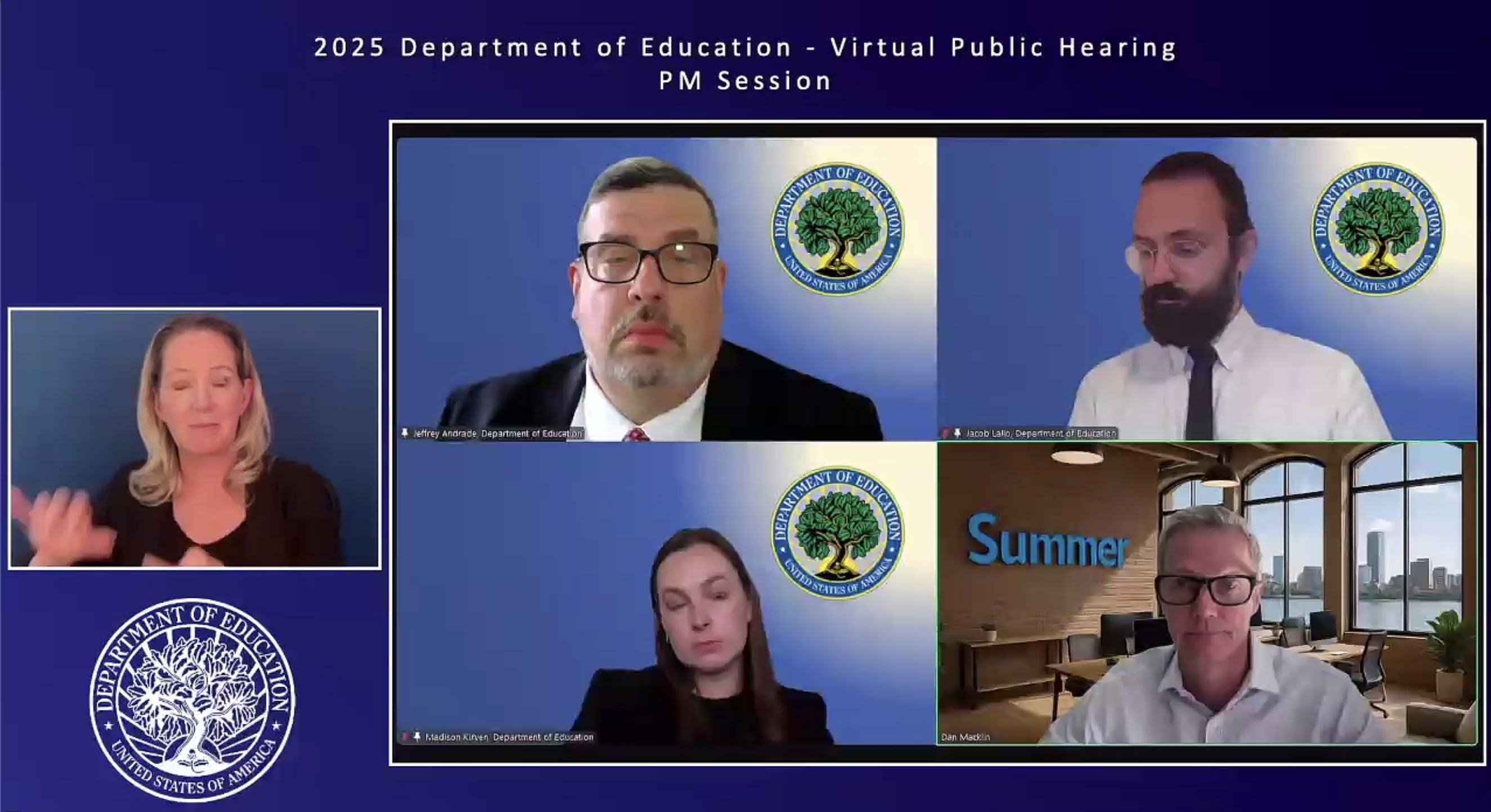

From Complexity to Clarity: Summer’s Recommendations for the Future of Student Loan Repayment
At Summer, we know what’s at stake in the student loan repayment system, not just because we’re experts, but because many of us have had student loans ourselves. Today, millions of Americans are at risk of default. Wage garnishments have resumed, stress is spiking, and confusion is widespread. Amid this disruption, we see a rare opportunity to rewrite the rules in a way that truly serves the people the system was designed to help.
The Department of Education is preparing to craft new regulations that touch every aspect of college affordability and student loan repayment. At a recent hearing on the One Big Beautiful Bill Act (OBBBA), Summer was invited to share our perspective.
To ensure the new system delivers real relief, we recommend three targeted improvements:
1. Automatically connect more borrowers to affordable payments
No one wins when a borrower defaults, except for debt collectors. Whenever the Department has verified income for borrowers who are struggling, it should auto-enroll that borrower in the lowest-payment IDR plan unless the borrower opts out. Eliminating these barriers means fewer forms and fewer defaults.
2. Fix loan rehabilitation so second chances stick
Millions of borrowers in default have a second chance to exit default through rehabilitation. Roughly one-third of those whose student loans are in default and who complete loan rehabilitation end up defaulting again within three years. This is preventable; once a loan is rehabilitated, individuals should be automatically enrolled in an income-driven repayment plan using existing income data. The Department should also enforce IDR enrollment requirements already in regulations when borrowers consolidate out of default. This small change would eliminate paperwork at a critical moment and prevent people from sliding right back into default.
3. Allow trusted partners to help through data access
The Department of Education has encouraged employers, colleges, and other partners to help individuals avoid default. However even with written consent, these trusted partners currently cannot access the loan data needed to provide timely, effective support. No new legislation is required: the Department already has the authority to create a consent-based data sharing channel. Enabling this access would allow partners to help borrowers more efficiently, securely, and transparently.
This is the moment to build a student loan system that promotes affordability, prevents re-default, and empowers those ready to help. Summer stands ready to support this transformation and we remain committed to helping those with student loans manage their debt and build brighter financial futures.
.png)
.png)
.png)